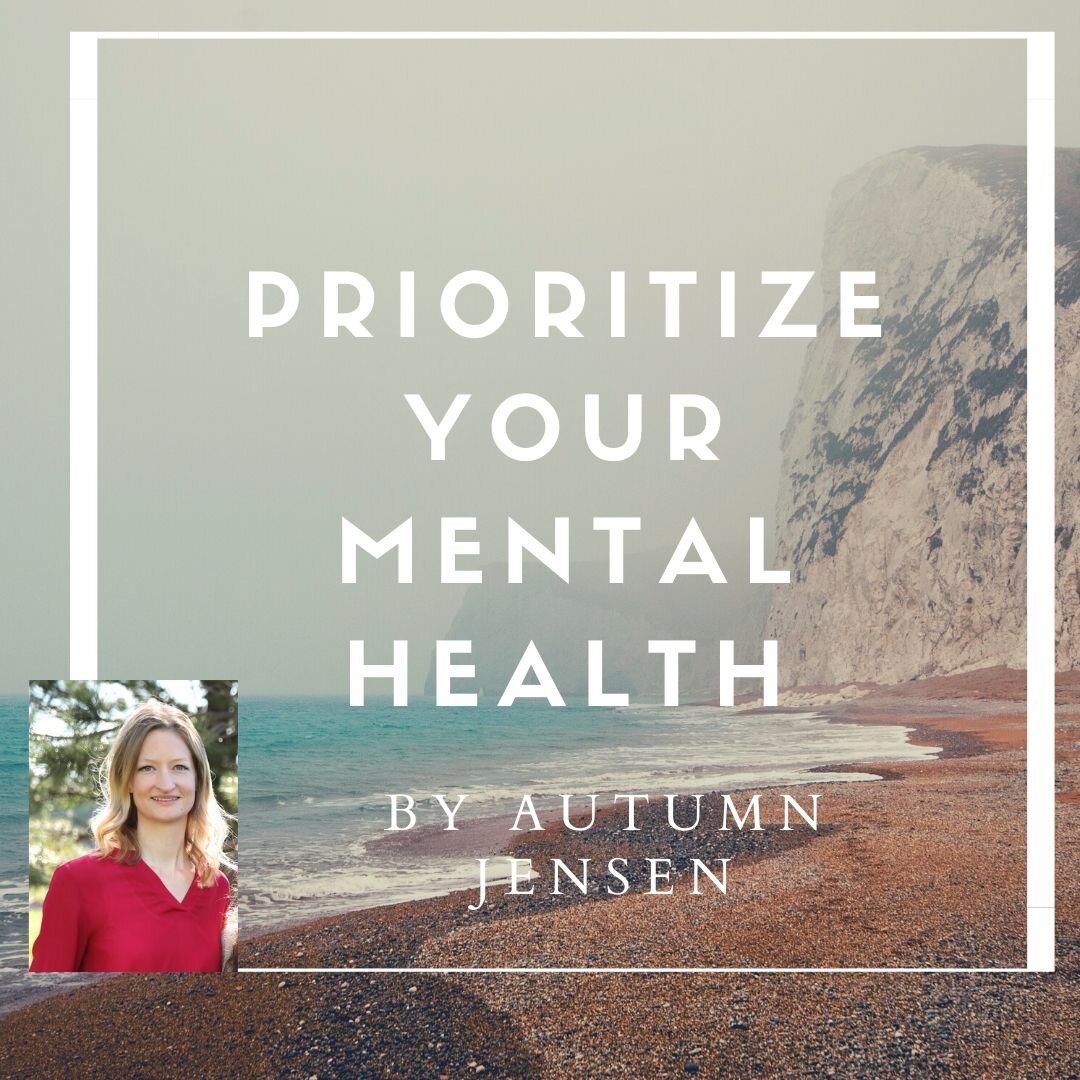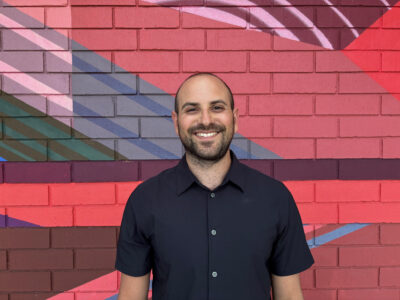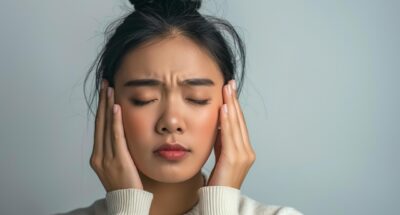
The days are getting shorter, it’s difficult to motivate, and your energy level is at its lowest. Can you relate?
It’s natural to have a desire to withdraw and hibernate in the winter. Winter is a time to rest, nourish yourself, and catch up on sleep. In Chinese medicine, we see winter as yin time. A time to slow down and take care of yourself a little more. It’s important to be mindful and allow yourself more downtime if you need it.
For some, that desire to rest and hibernate tips over into seasonal depression.
Seasonal Affective Disorder, also known as SAD, is a type of depression that correlates with the seasons. Symptoms typically begin during late summer or fall as the anticipation of winter starts setting in.
Typical symptoms of SAD include:
Depression
Fatigue or lethargy
Change in sleeping habits
Difficulty concentrating
Negative thoughts
Decreased social interaction
Change in appetite
Can you do anything to help? Yes!
Movement is good for depression. It’s like a natural antidepressant. Although it can be difficult to motivate, once you get moving, you will feel better. It doesn’t have to be a strenuous workout, even just a walk around the block can do you good! Bonus points if you take your walk during daylight hours.
Be sure to eat nutrient-dense warm foods. Winter is not the time for salads and smoothies. Fill up on warming oatmeal and delicious soups instead. See our blog for warm nourishing foods like congee, bone broth and bone broth ramen.
Open up the blinds on your windows during the day! Allow as much natural light into your home and work space as possible. Get out in the sun as often as possible.
Get acupuncture! Acupuncture helps ease depression and helps regulate the nervous system so that you can more easily handle the stressors of life.
“The Anxiety and Depression Association of America (ADAA) states that “evidence for the use of acupuncture… to treat anxiety disorders is becoming stronger.” In one example, Reuters Health reported on a study from the University of York, in the U.K. The study recruited 755 people with moderate to severe depression. Seventy percent of the patients were already on anti-depressants and continued on them throughout the study. The study concluded that both acupuncture and counseling (or both) had a strongly positive effect on depression, lowering the depression scale from an average of 16 (out of 27) at the start of the study, to 9 for acupuncture . . . . at its conclusion. The benefits lasted three months after treatment had concluded.If you typically suffer from SAD, try to get in for acupuncture before it sets in so we can break the cycle. If it has already set in, don’t worry, it’s not too late. Book an appointment right away so you don’t have to suffer alone.” (Psychology Today, Teri Goetz, September 28, 2015)
If you typically suffer from SAD, try to get in for acupuncture before it sets in so we can break the cycle. If it has already set in, don’t worry, it’s not too late. Book an appointment right away so you don’t have to suffer alone.



